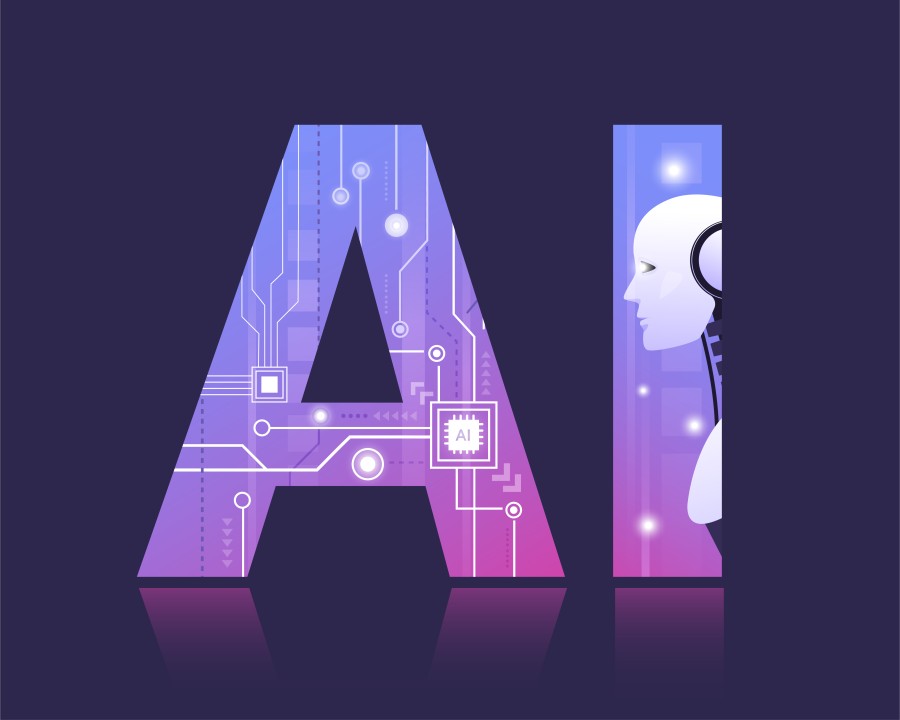
Top 10 Challenges Facing Artificial Intelligence
Impact Outsourcing Limited
We provide accurate data for ambitious Artificial Intelligence and Machine Learning...
Artificial Intelligence (AI) stands at the forefront of technological innovation, promising to revolutionize industries, reshape economies, and transform?how we live?and work. However, amid the excitement surrounding AI's advancements, it's crucial to recognize the challenges?that accompany?its rapid development. From ethical dilemmas to technical constraints, these challenges pose significant obstacles to realizing AI's full potential. Here, we delve into the top 10 challenges facing Artificial Intelligence today:
1. Data Quality and Bias:
AI systems rely heavily on data for training and decision-making, making data quality and bias a paramount concern. Biased datasets can lead to skewed outcomes, perpetuate inequalities, and reinforce societal biases. For example, facial recognition algorithms trained on biased datasets may exhibit racial or gender biases, resulting in inaccurate or discriminatory outcomes.
2. Ethical Considerations:
Ethical dilemmas surrounding AI involve complex questions of morality, fairness, and accountability. Issues such as data privacy, algorithmic transparency, and the societal impact of AI raise profound ethical concerns. For instance, autonomous vehicles must navigate ethical dilemmas, such as the trolley problem, where they must decide between different courses of action with moral implications in potential accident scenarios.
3. Regulatory Compliance:
As AI applications proliferate across various domains, regulatory frameworks struggle to keep pace with technological advancements. Ensuring compliance with existing laws and regulations, particularly in?areas such as?data protection, consumer privacy, and algorithmic accountability, poses significant challenges.?For example,?the?General Data Protection Regulation (GDPR)?in Europe?imposes strict requirements on AI systems to ensure transparency, accountability, and user consent regarding data processing activities.
4. Lack of Transparency:
AI algorithms often operate as "black boxes," making?it difficult to understand?their inner workings and decision-making processes.?Lack of transparency raises concerns regarding algorithmic accountability, fairness, and trustworthiness. For example, complex machine learning models may produce accurate predictions without providing insights into how they arrived at their conclusions, limiting their interpretability and accountability.
5. Security Vulnerabilities:
AI systems are vulnerable to cybersecurity threats, including adversarial attacks, data breaches, and manipulation of training data. Adversarial attacks exploit vulnerabilities in AI models by introducing imperceptible perturbations to input data, leading to misclassification or manipulation of outputs. For example, adversarial attacks against image recognition systems can deceive AI algorithms into misclassifying images by adding subtle perturbations that are?imperceptible?to humans but significantly alter the model's predictions.
领英推荐
6. Limited Generalization:
AI systems often struggle to generalize knowledge beyond their training data, leading to performance degradation in real-world scenarios. Narrow AI systems excel at specific tasks within predefined domains but lack the adaptability and robustness required for complex, unstructured environments. For example, a speech recognition system trained in English may perform?poorly?when faced with accents or dialects not present in its training data, highlighting the limitations of narrow AI.
7. Scalability and Resource Constraints:
Training and deploying AI models require substantial computational resources, including processing power, memory, and storage.?Scaling AI systems to handle large-scale datasets and complex tasks poses?challenges in terms of?infrastructure, cost, and energy consumption.?For example, training deep learning models with millions of parameters requires extensive computational resources and can be prohibitively expensive for smaller organizations or research labs.
8. Interdisciplinary Collaboration:
AI research and development require collaboration across diverse disciplines, including computer science, mathematics, neuroscience, and psychology. Bridging the gap between these disciplines and fostering interdisciplinary collaboration poses challenges?in terms of?communication, knowledge integration, and cultural differences. For example, integrating insights from cognitive neuroscience into AI research may require?interdisciplinary?teams with expertise in both fields to overcome disciplinary boundaries and advance our understanding of human intelligence.
9. Bias and Fairness:
AI systems can perpetuate biases?present?in their training data, leading to unfair or discriminatory outcomes. Addressing?bias?and promoting fairness in AI requires careful consideration of dataset selection, algorithm design, and evaluation metrics. For example, predictive policing algorithms trained on biased crime data may disproportionately target minority communities, perpetuating existing inequalities and exacerbating social injustices.
10. Human-AI Interaction:
The integration of?AI into human-centric environments raises challenges?in terms of?human-AI interaction, user experience, and trust.?Designing intuitive interfaces, fostering trust, and ensuring seamless collaboration between humans and AI systems are critical for successful integration. For example, AI-powered virtual assistants must understand user intent, respond accurately to queries, and adapt to user preferences to provide a seamless and personalized user experience.
Addressing these challenges demands a united effort from researchers, policymakers, industry leaders, and society. By tackling these obstacles head-on and promoting collaboration, transparency, and responsible innovation, we can harness the transformative potential of AI while mitigating its associated risks. Moreover, widespread education on AI, its capabilities, limitations, and ethical?implications,?is essential for fostering informed decision-making and promoting responsible AI development and deployment. Together, let us navigate the complex landscape of AI with diligence and foresight, paving the way for a more equitable, sustainable, and technologically empowered future.